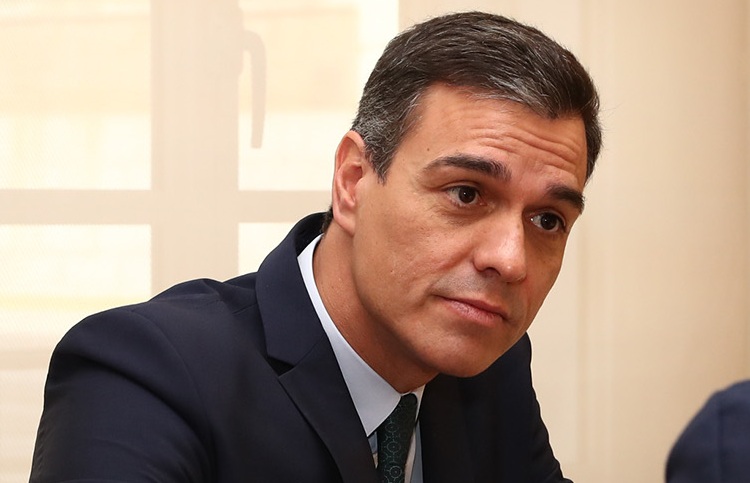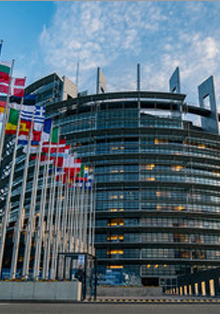[Starting today, The Diplomat in Spain is pleased to offer its subscribers a weekly analysis of the political situation in Spain by journalist Ángel Collado, who for several decades has followed current affairs as a political correspondent for ABC and El Confidencial, as a participant in various radio and television political talkshows, and currently as an analyst on Onda Madrid].
Ángel Collado
The future of the government and the continuity of the legislature after the summer depend more on the economic reform plans that Pedro Sánchez must present in Brussels than on the results of the regional elections in Madrid called for 4 May.
The current legislative deadlock due to the complicated relations between the two sectors of the executive branch (PSOE and Podemos) is turning into an open clash of positions in the face of the urgency of the greatest economic recession Spain has known since the Civil War. The internal quarrel has only just begun and supports the hypothesis that Sánchez will have to bring forward the elections to the end of this year, as soon as he can once again give up the pandemic.
The de facto bankruptcy of the pension system (a deficit of 29,685 million euros) and the need to change labour legislation are already pitting the two parties in power against each other with no room for understanding, because Pablo Iglesias’s party is pursuing a path like the Greek one of Alexis Tsipras in the previous crisis: more state and endless indebtedness.
And both the brake on Social Security spending and the liberalisation of the labour market are the main structural reforms pending and committed by the Government for this year before the European Commission in order to receive the 140,000 million euros in aid (70,000 in direct investment) or financial rescue to get out of the post-covid crisis.
Podemos has made it clear to the PSOE that it will never support any cuts in Social Security, while its Minister of Labour, Yolanda Díaz, now promoted to vice-president of the Executive by Iglesias’ personal decision, is negotiating with business representatives and trade unions a counter-reform to repeal the current legal framework and return to the legislation prior to the socialist government of José Luis Rodríguez Zapatero, the first to cut pensions. The aim is to return to the unions their former control of collective bargaining (the prevalence of the sectoral agreement over the company agreement) and make hiring costs more expensive.
The heiress of Iglesias, leader of the Communist Party and a labour lawyer by profession, proposes exactly the opposite of what the vice-president and Minister of Economy Nadia Calviño, a technocrat who is not involved in the fights of the parties in power, but a favourite target of the anti-capitalist criticisms of the podemites, has committed herself to in Brussels. She has spent the entire legislature explaining in the European Commission that there will be no counter-reform and that there will be changes to favour hiring and promote stable employment.
After the elections in Madrid, the president of the government has to set out to specify an economic policy to deal with the devastation of the pandemic with unpopular adjustments and cuts by force for which he cannot count on his fixed ally, Pablo Iglesias.
Hence the fear or hope, as the case may be, of an early general election once Sánchez can boast of the end of the pandemic because the EU has obtained vaccines for the majority of the population and the autonomous health systems manage to administer them.
With 120 seats in a Congress of 350, the socialist leader has no other way to begin a policy of economic adjustments like the one that Zapatero left halfway through in 2011 and that Mariano Rajoy undertook in 2012 than to seek a new parliamentary majority. In the current House he could only do so, contrary to his style and track record, with proposals for state pacts of the Moncloa type. But for that he would have to turn to the right and confront his current far-left and pro-independence partners.
With the PP, Sánchez’s bet for this season was to liquidate Pablo Casado’s party with an assault on its regional power via motions of censure (in Murcia, Castilla y León and Madrid) and to promote Vox as a reference point for an opposition that could never become a government alternative. In order to avoid pacts and extend his majority, the chief executive can always use his power in the media to ask for the support of the electorate in the face of the challenge of getting Spain out of the post-Covida recession.







